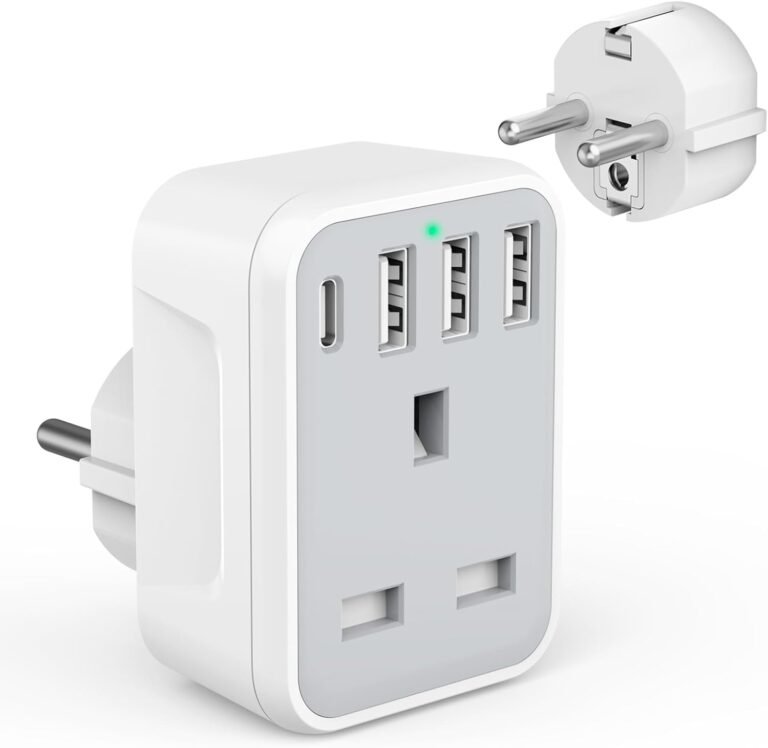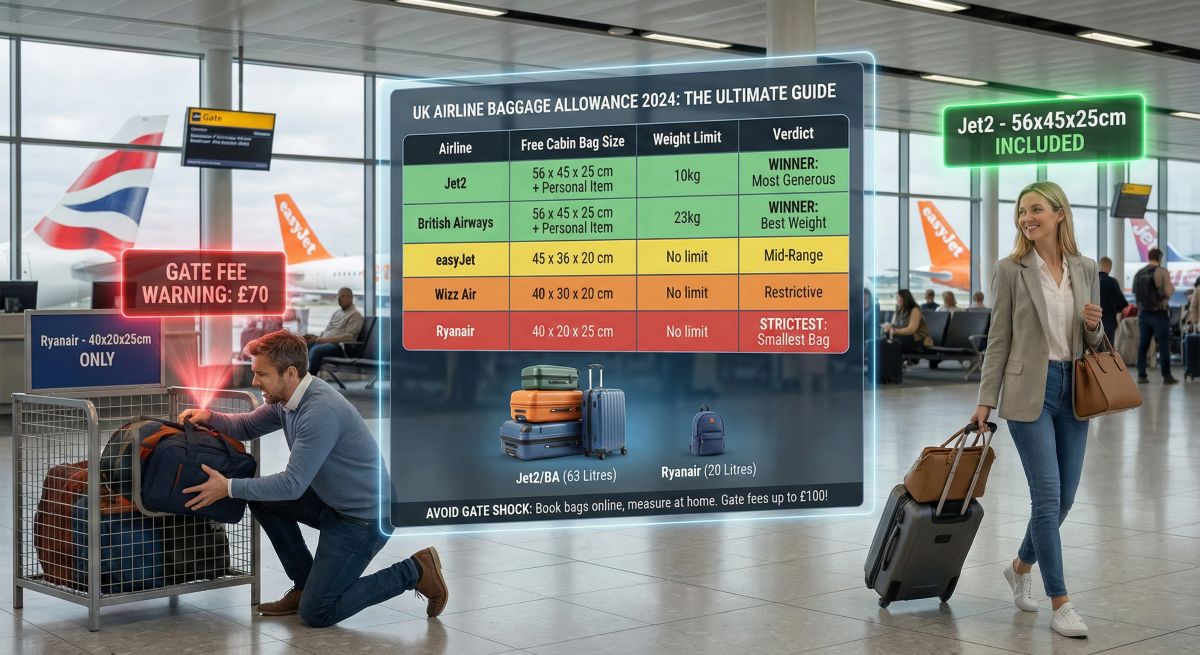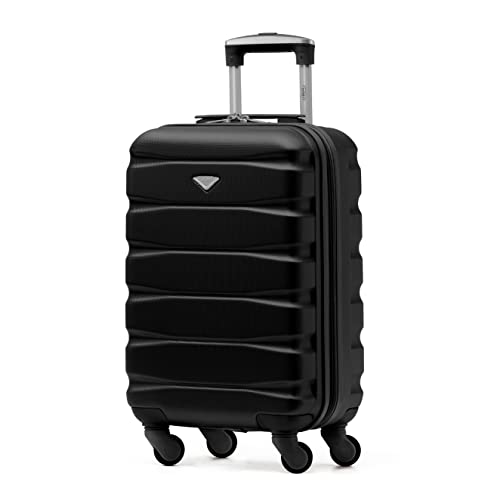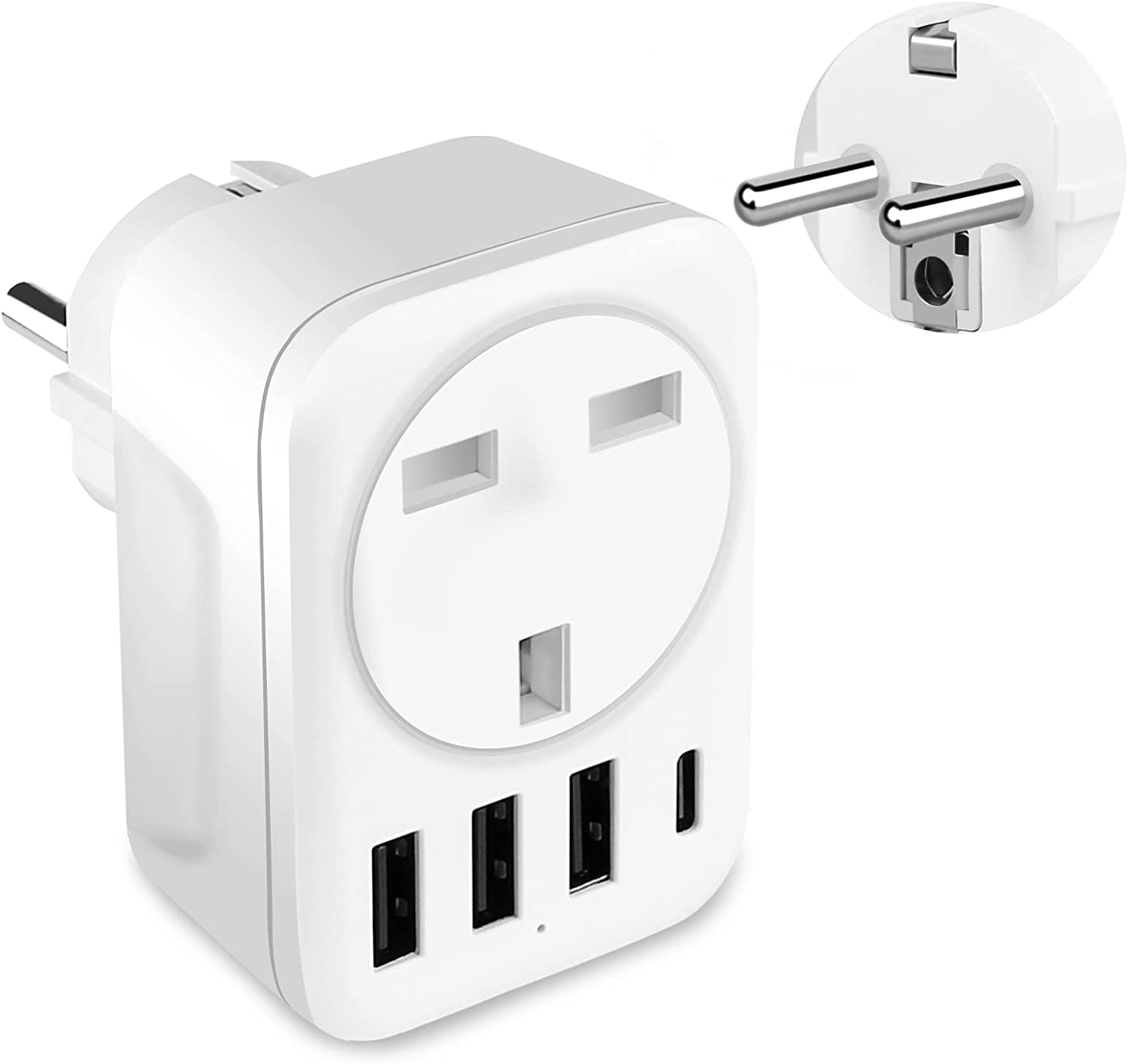Turkey Voltage Guide: Power Plugs & Sockets
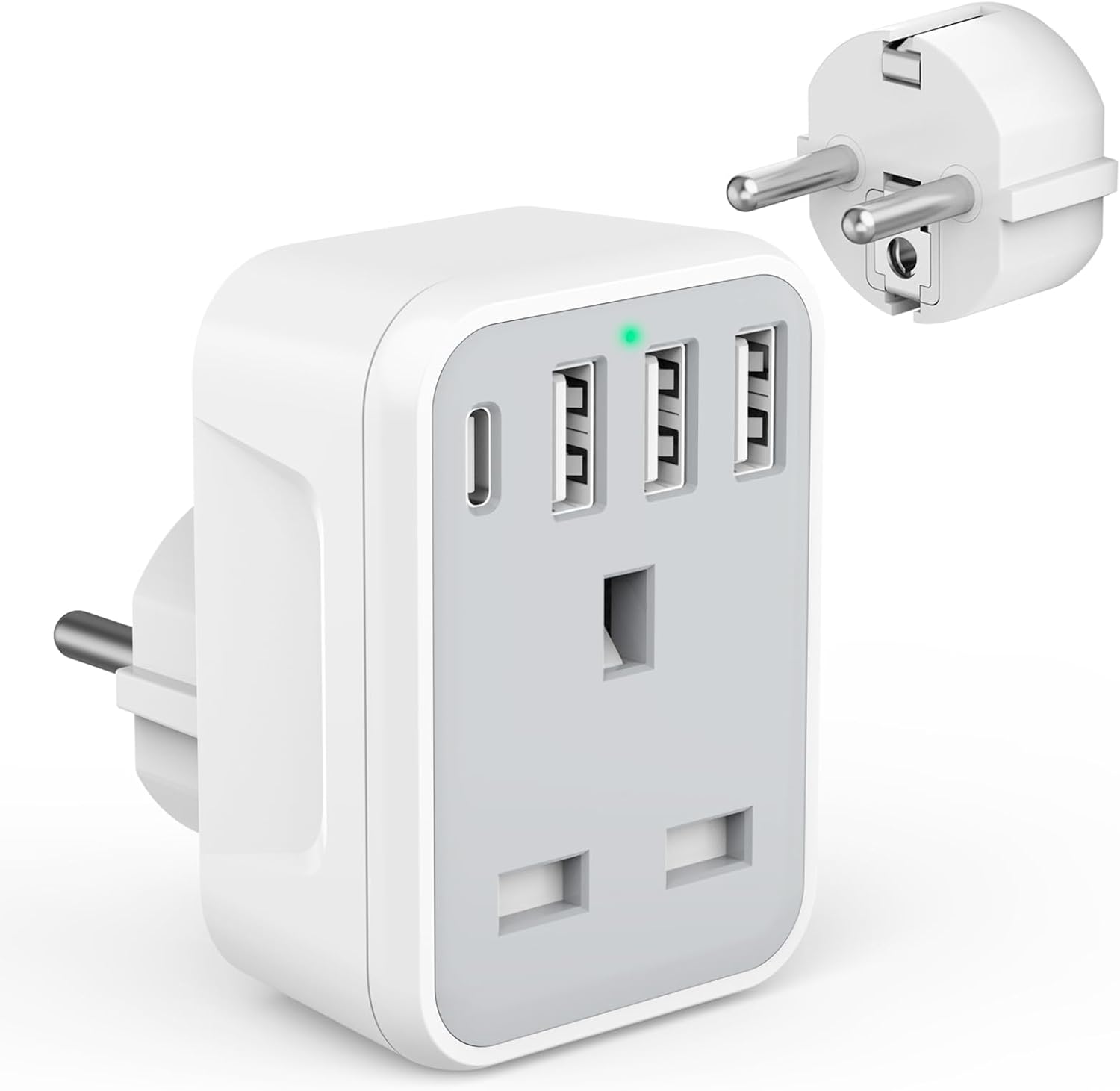
Understanding Turkey’s electrical standards matters if you want to charge your devices safely. This guide covers everything you need to know about voltage, frequency, plug types, and what adapters you’ll need depending on where you’re travelling from.
Summary Tables
Electrical Standards in Turkey
| Feature | Standard Value |
|---|---|
| Voltage | 220-230V |
| Frequency | 50 Hz |
| Common Plug Types | Type C, Type F |
Plug Types Used in Turkey
| Plug Type | Description |
|---|---|
| Common in | Requires Adapter from |
| Type C | Two round parallel pins, ungrounded |
| Europe, Asia | North America (Type A/B), UK (Type G) |
| Type F | Two round parallel pins with grounding clips |
| Europe, Russia | North America (Type A/B), UK (Type G) |
Standard Voltage and Frequency
Turkey’s electrical supply operates at 220-230V with a frequency of 50 Hz. Some sources list 220V, others 230V – this slight variation falls within the acceptable operating range for devices designed for 220-240V, so you don’t need to worry about the difference.
The 50 Hz frequency is consistent throughout the country, matching the UK and most of Europe. North America uses 60 Hz, but this difference rarely affects modern electronics.
Plug Types Explained
Turkey uses two types of electrical plugs and sockets: Type C and Type F.
Type C (Europlug)
The Type C plug has two round parallel pins and is ungrounded. It’s the standard across much of Europe and Asia, commonly used for lower-power devices like phone chargers, laptop adapters, and small electronics. If you have European devices, they’ll work directly in Turkish sockets.
Type F (Schuko)
The Type F plug also has two round parallel pins but includes two earth clips on the sides for grounding, providing additional safety for higher-power appliances. Many Type F plugs also incorporate a grounding earth hole socket, following the CEE 7/7 standard for compatibility with both Type F and Type E sockets found across Europe.
Type F is the more common socket type in Turkey and accepts both Type C and Type F plugs. This means standard European plugs work without any adapter. However, travellers from North America (Type A and B plugs) or the UK (Type G plugs) will need a plug adapter.
Voltage Compatibility and Converters
The voltage difference between Turkey (220-230V) and North America (110-120V) is significant. Plugging devices designed for 110V directly into Turkish sockets without a voltage converter risks damaging or destroying the device.
How to Check Your Device
Look at the device itself or its power adapter for the input specifications. You’ll find this information printed near the power input, usually in small text.
Dual-voltage devices (safe with just an adapter):
- Label shows: “INPUT: AC 100-240V” or similar range
- These work anywhere in the world with just a plug adapter
- No voltage converter needed
Single-voltage devices (need a converter):
- Label shows: “INPUT: AC 100-125V” or “110V” only
- Will be damaged if plugged into Turkish 220V sockets
- Requires a voltage converter to operate safely
Common Dual-Voltage Devices
Most modern electronics are designed for worldwide use with dual-voltage capability (100-240V):
- Laptop computers and their chargers
- Smartphone chargers
- Tablet chargers
- Digital cameras and their battery chargers
- Electric toothbrushes
- Most modern electric shavers
These devices only need a plug adapter to connect to Turkish sockets – no voltage converter required.
Devices That Often Need Converters
Some appliances, particularly those with heating elements or motors, are frequently single-voltage:
- Hair dryers (many US models)
- Hair straighteners and curling irons
- Some older electric shavers
- US-only small appliances
Practical advice: Voltage converters capable of handling high-wattage devices like hair dryers are bulky, heavy, and expensive. Better alternatives include buying a dual-voltage hair dryer before your trip, using the hotel’s provided hair dryer, or purchasing an inexpensive one locally in Turkey.
Frequency Considerations
Turkey operates at 50 Hz, while North America uses 60 Hz. For most modern electronics, this difference doesn’t matter – phones, laptops, and cameras work identically regardless of frequency.
However, certain older devices or those with motors and timing mechanisms may be affected:
- Some analogue clocks may run slightly fast or slow
- Older record players or tape decks may play at slightly wrong speeds
- Some motor-driven appliances may run at different speeds
For the vast majority of travellers with modern electronics, frequency is not a concern. Some voltage converters can also adjust frequency if you have particularly sensitive equipment.
Electricity in Turkish Hotels
Standard Turkish hotels provide 220-230V power through Type C and Type F outlets. However, some four and five-star hotels catering to international guests may offer:
- Universal outlets accepting multiple plug types
- North American-style 120V, 60Hz sockets for guest convenience
- USB charging ports built into bedside outlets
Don’t rely on these amenities being available, especially outside major tourist hotels. The availability of 120V outlets is not widespread, and you should always be prepared for standard Turkish 220V power. If you specifically need 120V outlets, contact your hotel in advance to confirm availability.
Safety Tips and Important Considerations
Surge Protectors
Never use 110-125V surge protectors with 220-240V outlets. Doing so can damage the surge protector and create a fire hazard. The surge protection circuitry is designed for specific voltage ranges and will fail dangerously when overpowered.
If you need multiple outlets, use a simple power strip or power tap without surge protection circuitry. These basic extension cords don’t contain voltage-sensitive components and work safely across different voltages (though you’ll still need a plug adapter).
Grounding
If your device has a grounded plug (three prongs), use a grounded adapter to maintain the earth connection. Grounding provides important protection against electrical faults and shouldn’t be bypassed with an ungrounded adapter unless absolutely necessary.
High-Wattage Appliances
Exercise extra caution with high-wattage appliances like hair dryers, which draw significant current and generate heat. These are the devices most likely to cause problems:
- Always verify voltage compatibility before plugging in
- Don’t use a voltage converter rated lower than your device’s wattage
- If in doubt, use the hotel’s provided appliance instead
Before You Plug In
Always check the appliance’s rating plate for specific voltage and frequency information before connecting to any power source in Turkey. This takes seconds and prevents expensive damage to your electronics.
What Different Travellers Need
UK Travellers
Plug adapter: Yes – UK Type G plugs don’t fit Turkish sockets
Voltage converter: No – Turkey uses the same 230V as the UK
Recommendation: A simple UK to EU adapter works for Turkey and all of Europe
US and Canadian Travellers
Plug adapter: Yes – North American Type A/B plugs don’t fit Turkish sockets
Voltage converter: Only for single-voltage devices (check labels)
Recommendation: Bring adapters, check all device labels, leave single-voltage hair appliances at home
European Travellers
Plug adapter: Usually no – Type C and F plugs work directly
Voltage converter: No – same voltage across Europe
Recommendation: Your devices should work without any adapters
Australian Travellers
Plug adapter: Yes – Australian Type I plugs don’t fit Turkish sockets
Voltage converter: No – Australia uses 230V like Turkey
Recommendation: Bring a universal adapter or Australia to EU adapter
Frequently Asked Questions
What is the voltage in Turkey?
Turkey operates at 220-230V with a frequency of 50Hz. This is the same voltage used throughout Europe and the UK, but different from North America’s 110-120V at 60Hz system.
What plug types does Turkey use?
Turkey uses Type C (Europlug with two round parallel pins) and Type F (Schuko with two round pins and grounding clips). Type F sockets accept both Type C and Type F plugs, so a Type C adapter works throughout Turkey.
Do UK travelers need a voltage converter for Turkey?
No, UK travelers don’t need a voltage converter since Turkey uses 220-230V, the same as the UK. You only need a plug adapter to convert Type G plugs to Type C or Type F.
Do US travelers need a voltage converter for Turkey?
It depends on your device. Check the label – devices marked “100-240V” only need a plug adapter. Single-voltage devices marked “110-120V” need a voltage converter to work safely with Turkey’s 220-230V system.
Can I use my laptop in Turkey?
Yes, most modern laptops are dual-voltage (100-240V) and work in Turkey with just a plug adapter. Check your laptop charger’s input specifications to confirm it supports 220-240V.
Will my US hair dryer work in Turkey?
Only if it’s dual-voltage (100-240V). Most US hair dryers are 110-120V only and will be damaged by Turkey’s 220-230V power without a voltage converter. It’s better to buy a dual-voltage hair dryer or use the hotel’s.
